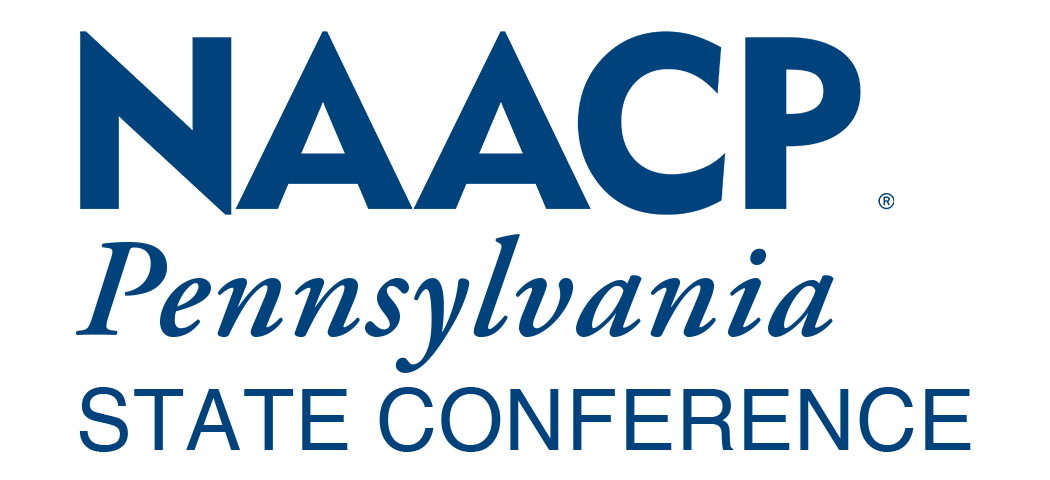Kenneth L. Huston, President
Phone: 412-287-9507
February 1, 2020
When Carter G. Woodson established Negro History Week in 1926, the Harvard educated historian wanted to promote the achievements of African-Americans. The week evolved into the month of February in 1976 partly because of the civil rights movement.
In 2020, we recognize the 150th anniversary of the 15th Amendment ratified on February 3, 1870, which prohibits the federal government and each state from denying a citizen the right to vote based on that citizen’s “race, color, or previous condition of servitude”, as well as the 100th anniversary of the 19th Amendment ratified August 18, 1920, which prohibits the states and the federal government from denying the right to vote to citizens of the United States on the basis of sex.
Historically, African-Americans have not only had their votes suppressed in the past, but very often continue to be challenged in various ways. Creating ways to suppress votes of legitimately registered voters silences voices. For far too many years, people of color have been the backbone for shaping this country we call the United States of America. Yet grossly mistreated, abused, murdered, and denied the rights of free individuals, as an African-American people we still rise to impact society and claim what is rightfully ours. With the resources, technology, and access to education, we continue to move forward fulfilling the mission of the NAACP with each step we take. Registering to vote, being educated on important issues and the position of candidates, and then getting out to vote is what allows our voices to be heard. Turning back is not an option. Let’s move forward together, uplifting one another, and truly celebrating the Fifteenth and Nineteenth Amendments by using our voices and getting out to vote at both the primary and general elections.
Whenever possible, take the time to teach, learn and enlighten people as to the rich Black history that has evolved throughout the years. It is in knowing our heritage that will benefit all people as to our plight and understanding of who we have been, who we are, and who we are destined to become.
A more excellent way,
Kenneth L. Huston
President, NAACP Pennsylvania State Conference

